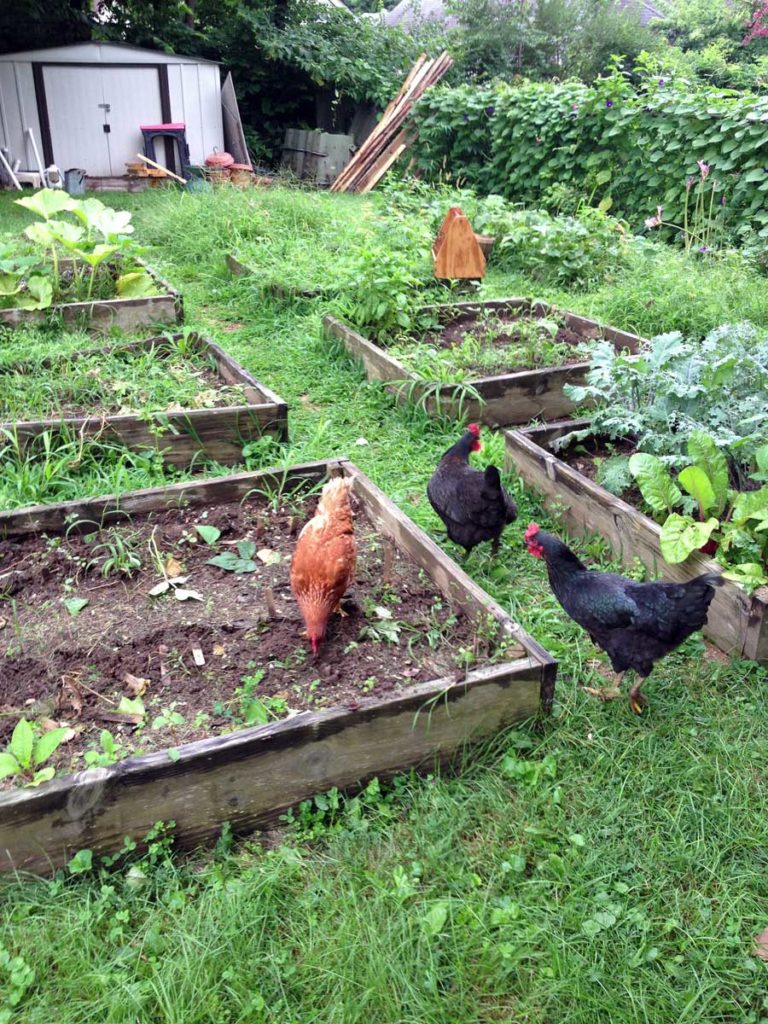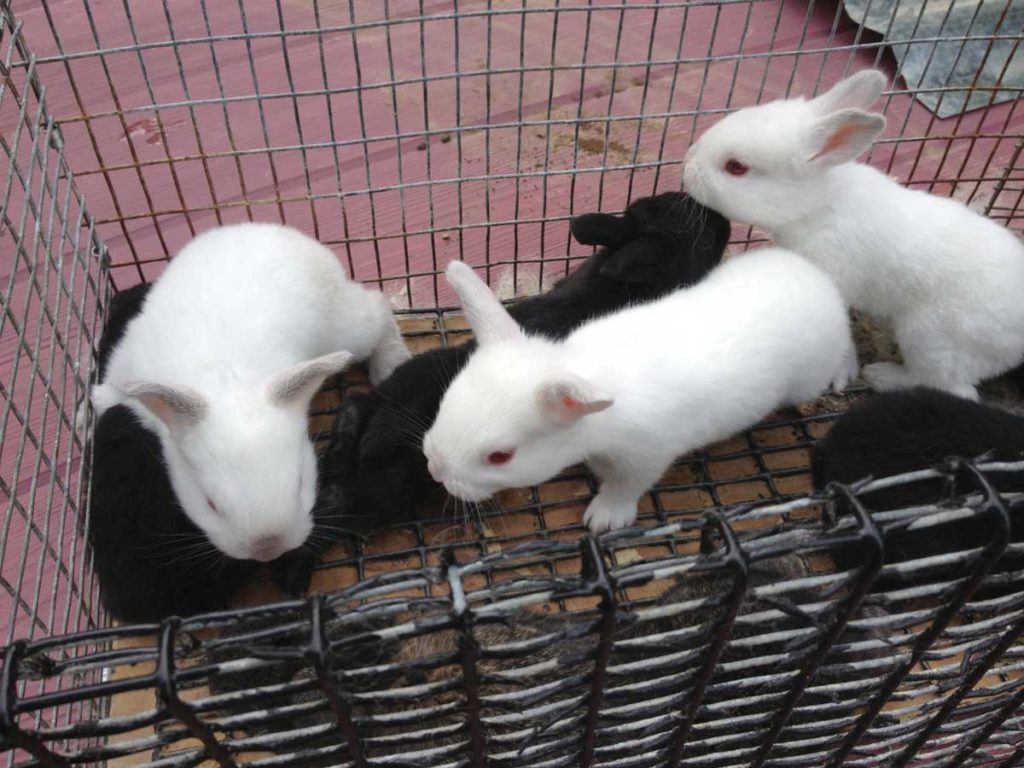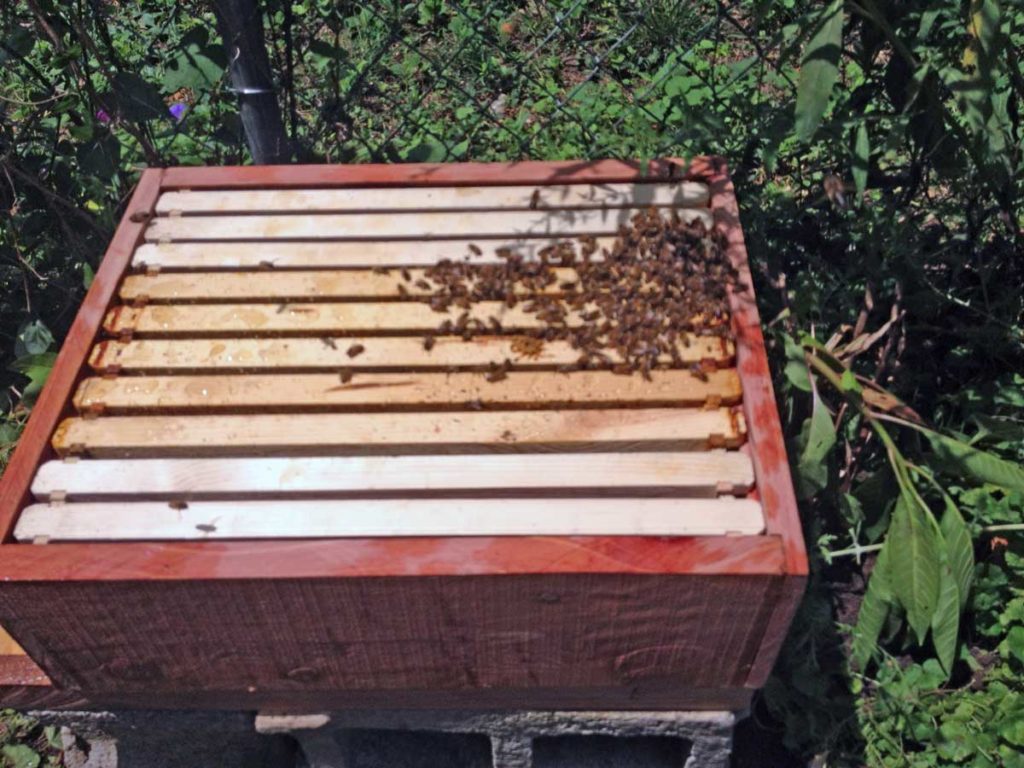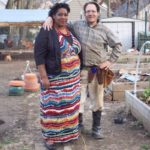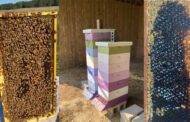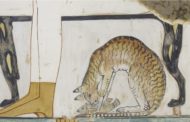The Amos Farm
ANIMAL PRODUCTION
by Christian Torp, Master Gardner
The increasing consumption of animal protein is generally considered at odds with Earth’s ability to feed its people. The one billion tonnes of wheat, barley, oats, rye, maize (corn), sorghum and millet poured annually into livestock troughs could feed some 3.5 billion humans. But such reasoning discounts the health benefits of eating modest amounts of meat and the fact that foraging animals can consume foods that humans cannot eat.
Agriculture: Steps to sustainable livestock; Eisler, Lee et. al. Nature 3-5-14
The Debate: Should We Eat Meat?
The debate roars with strong opinions and law breakers on both sides. On one hand supporters of industrial animal production glom onto phrases like “family,” “increased efficiency,” “low cost,” “stimulate local economies” and “increased profits.” On the other hand, detractors prefer to adopt a universal and species non-specific negative utilitarianism in which “it is the right of all beings —human and nonhuman alike — to be free from harm.” (peta.org/about-peta/learn-about-peta) “When it comes to pain, love, joy, loneliness, and fear, a rat is a pig is a dog is a boy. Each one values his or her life and fights the knife.” (peta.org/about-peta/why-peta/why-animal-rights)
I take issue with both sides of this debate. Yes, animals are living beings and should be treated with compassion, but we as humans evolved as meat eaters and would certainly have been unable to develop and survive as we have without including animal proteins in our diet. Go ahead and tell me that a person can get all they need through a vegan diet without acknowledging that it wasn’t so even 50 years ago, and still isn’t for most people in most of the world. I’m not interested in middle-class, western luxuries.
If you eat meat, cool. If you don’t, cool. But let’s think about this logically. We are on an earth of finite resources and if we’re interested in being good stewards of our ecosystem we’d better be more worried about achieving a healthy symbiosis than we are about living without doing violence to any living thing. Systemic ecological collapse won’t just be bad for humans. Now is not the time for idealism. As I alluded to in Amos Farm installments I, Everything Urban Farming, and II, On Designing an Urban Ag System, I believe animal production goes hand in hand with sustainable agriculture.
WHY ANIMAL PRODUCTION?
Productive land, whether grassland or cropland produces far more living plant matter than humans are capable of consuming. Thereof, without animals the highest and best use of all remaining plant matter after harvest is compost. Strict vegetarian or vegan food production necessitates redirecting feed away from conversion into high quality, healthy fats, proteins and nutrients that humans are only able to absorb through animal products (Vitamins A, B12, D, complete proteins and zinc), and into compost. That is inefficient and wasteful.
Animals can eat what we can’t.
Chickens are a wonderful addition to an urban farm. They’ll eat almost anything, plant, animal, their own eggs, each other! With the addition of a few hens you can convert your table scraps, lawn waste and yard bugs into high quality protein.
If chicken’s are good, duck eggs are even richer. In fact, they contain more protein, calcium, iron, potassium, and pretty much every major mineral than chicken eggs. Better yet, ducks produce eggs more regularly throughout the winter without supplemental light. And they outproduce their chicken counterparts, are less likely to go broody and they’re quieter to boot!
Rabbits are a tasty addition to your animal production. In fact, they can make six pounds of lean, high protein meat from the same amount of feed it takes for a cow to produce one… and it’s lower fat and almost cholesterol free. They’re quiet too!
Finally, Honey Bees are a zen like hobby that has been called “farming for intellectuals.”
Conclusion
Meat consumption is a part of our evolutionary heritage. Also, meat production has been a major component of modern food systems. Carnivory should remain, within limits, an important component of a civilization that must learn how to maintain the integrity of its only biosphere. -Vaclav Smil
With all that said, my own caveat, don’t bite off more than you can chew. Don’t say to yourself, “I’ll process however many whatever so I need this many.” Start slow and find your production stride. Ultimately, the more mouths you have to feed, the more it’ll cost you. And don’t forget, all of those no longer cute little bunnies’ll be eating you out of house and home. At least, until you set aside the time to process them.
RESOURCES
Sorry, vegans: Eating meat and cooking food is how humans got their big brains; The Washington Post, Wanjek, Nov. 26, 2012.
On raising ducks: http://www.rodalesorganiclife.com/home/backyard-ducks-are-calling-your-name
Agriculture: Steps to sustainable livestock; Nature, Eisler, Lee et. al. 3-5-14.
Should Humans Eat Meat?; Scientific American, Vaclav Smil, July 19, 2013.
Christian L. Torp
Christian is an attorney, missionary, activist, urban-farmer, foster parent and advocate for social change who lives at Justice House (facebook: Justice House) with his wife, Tanya in Lexington, KY. If you have any questions or comments for Christian, or there’s something you’d like to know more about, please reach out to him at theamosfarm@gmail.com.

